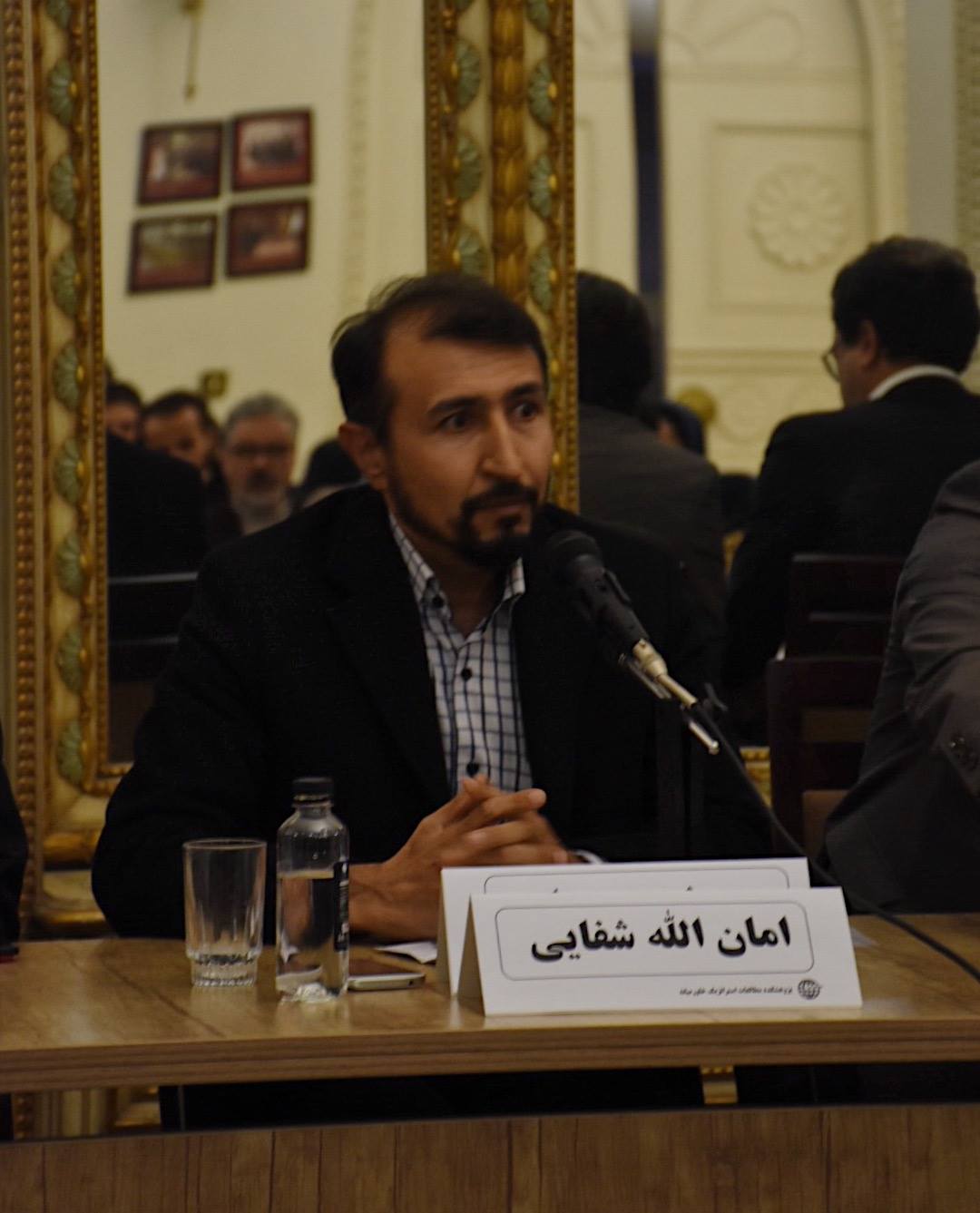 By: Dr. Amanullah Shafaei
By: Dr. Amanullah Shafaei
Translated By: Mohammad Rezaie
There are clear traces showing that Haras are one of the indigenous and main residents of Uruzgan. From the point of view of ecology and anthropology, it can be boldly claimed that Hazaras have lived in this area since the distant past. The evidence shows that until the last two or three centuries, if not the only inhabitants of Uruzgan, Hazaras were the majority. But now they have not only become a minority in their ancestral land, but their existence and survival in Uruzgan is threatened. The rulers before Abdul Rahman Khan, with the aim of Pashtunization of Afghanistan, opened the migration path of Pashtuns from British India to the southern and central provinces of Afghanistan and changed the ethnic fabric of Uruzgan and Great Hazaristan. However, it was Abdul Rahman Khan, who according to historical sources including Serajul Tawarikh killed between 1892-1893- more than 62 percent of Hazaras in Uruzgan.
Uruzgan was the center of gravity of the ethnic cleansing program of Abdul Rahman Khan’s regime, and what happened to the Hazaras of this region cannot even be compared to the worst genocides in history, including the massacre of Jews by Hitler. There are very bitter and painful accounts of the brutality and criminality of Abdul Rahman’s army against the main residents of Uruzgan. With the expiry of the confidentiality period of the documents kept in the archives of England, new aspects of Uruzgan’s crimes during the period of Abdul Rahman Khan are being clarified.
But what is important is that Abdul Rahman inherited a tradition in Uruzgan against the Hazaras that continued after him. Abdul Rahman Khan’s successors, although they did not commit genocide like him, but their refusal to return the lands usurped by the Hazaras and systematic discrimination against them caused the Hazaras to be a weak and inefficient minority in the neighborhood of the Pashtuns – most of whom do not have Uruzgan roots and are from across the Durand border, and have made Hazaras to live in fear and hope. The 1978 communist coup and widespread rebellion against the communist regime changed the fate of Hazaras in Uruzgan. The Hazaras were among the pioneers of the uprising against the communist regime with the hope of removing the dust of historical deprivation from the faces of the later generations of Hazaras. But what happened in the following years was contrary to that assumption. In 1990, when there was no major power in Uruzgan, the Pashtuns of Uruzgan, with the support of their Kandahari relatives, launched a great war against the Hazaras, which eventually led to the evacuation of some Uruzgan villages from the presence of Hazaras. Many people left Uruzgan and those who stayed became more minority and inferior in Uruzgan. The first period of the Emirate (1996-2001) was another disaster that befell the Hazaras. Uruzgan was the birthplace of the Taliban leader and the second conquered province of the Taliban after Kandahar. The Pashtuns, who still harbored the resentment of the 1990 war, united under the banner of the Taliban against the Hazaras. Harassment of Hazaras reached its peak in Uruzgan during this period. The Taliban forces arrested the Hazaras under false pretenses and took ransom from them or made them to do unpaid work. For example, the Taliban built the building of Uruzgan Khas district by Hazara prisoners. In this situation, another wave of millennials left the region. The landless Hazaras, whose ancestral lands were handed over to immigrant Pashtuns during the reign of Abdul Rahman Khan, did not want to stay there anymore. But the landowners who had bought back their father’s lands from the Uwghans (Pashtuns), abandoned their lands or sold them to the Pashtuns for a small price.
 The overthrow of the Taliban regime in 2001 somewhat encouraged the remnants of Uruzgan Hazaras, especially in the center and surrounding villages, to stay. They supported the new system in the belief that it can ensure their security and remove systematic discrimination from them. But this assumption was wrong. Because the central government and foreign forces stationed in Uruzgan soon lost their control over parts of Uruzgan, and these areas once again became a breeding ground for Taliban insurgents. From the perspective of the Taliban, the Hazaras were guilty of welcoming the new system. First, they assassinated famous Hazara people who were accused of collaborating with the Kabul government. Next, they once again created the conditions of the 1990s in harassing Hazaras and blackmailing them. The Taliban militants used to lay mines on the routes of the Hazaras or take the Hazara passengers hostage. In 2008, in a brutal incident, they beheaded eleven Hazara youths who were returning from the center to Baghochar village at Kotel Baghochar in the presence of their mothers and wives. This incident created great panic among the Hazaras. Those families who lived in the surrounding villages left their homes forever. Many of them went to Kabul or Herat and some fled to Pakistan and Iran.
The overthrow of the Taliban regime in 2001 somewhat encouraged the remnants of Uruzgan Hazaras, especially in the center and surrounding villages, to stay. They supported the new system in the belief that it can ensure their security and remove systematic discrimination from them. But this assumption was wrong. Because the central government and foreign forces stationed in Uruzgan soon lost their control over parts of Uruzgan, and these areas once again became a breeding ground for Taliban insurgents. From the perspective of the Taliban, the Hazaras were guilty of welcoming the new system. First, they assassinated famous Hazara people who were accused of collaborating with the Kabul government. Next, they once again created the conditions of the 1990s in harassing Hazaras and blackmailing them. The Taliban militants used to lay mines on the routes of the Hazaras or take the Hazara passengers hostage. In 2008, in a brutal incident, they beheaded eleven Hazara youths who were returning from the center to Baghochar village at Kotel Baghochar in the presence of their mothers and wives. This incident created great panic among the Hazaras. Those families who lived in the surrounding villages left their homes forever. Many of them went to Kabul or Herat and some fled to Pakistan and Iran.
After the Taliban takeover in 2021, the alarm bell has been raised for those Hazaras who live in Uruzgan yet. After the Taliban take over, 17 Hazaras have been killed in Ju e Naw where only 300 Hazaras families live. In addition to this, their vehicles and harvests have been set on fire at night and hundreds of their fruit trees have brutally been cut off. In a new incident, last week, a nice old was beheaded savagely with his son while passing from a Pashtun inhabited area.
Contrary to all these catastrophic events, a small minority population of Hazaras have resisted against the forced displacement of Hazaras. The real intention of the Pashtuns is to displace Hazaras from the green area of Ju e Naw. But their ultimate intentions is to displace Hazaras from across Uruzgan province in order to assimilate the fabric of Uruzgan population. It is funny that Taliban do not accept responsibility and even sympathize with the families of the victims. Contrary to the vast dimensions of this policy of the Pashtuns, the advocacy of the Hazaras to the international community and the Taliban did not have a positive outcome and Hazaras live in fear in Uruzgan. Who can believe such crimes happen in an area and no clues are available about the perpetrators of such crimes? There is no doubt these systematic crimes happen under the support of Taliban. Taliban either are involved in these crimes directly or they don’t stop the perpetrators of these crimes of killing Hazaras and destroying their properties. A delegation of Taliban recently travelled from Kabul to Uruzgan to assess the situation but they pledged vague promises to the people. After returning the Taliban delegation to Kabul, an old man and his young son were beheaded by local Pashtuns. It seems this policy has a goal beyond these sad and bitter incidents. When putting beside each other the incidents of Uruzgan including attacking on agriculture fields of Hazaras by Kochis, appointing Sunni clerics as members of ulema councils in Hazaraz regions, taking heavy fines from Hazaras for Pashtuns lawsuits, applying sever limitations on Hazaras religious rituals, refusing to acknowledge Shiite religion as one of the official religions of Afghanistan, Calling Hazaras as irreligious people by some Taliban officials, one will reach to a disappointing conclusion. Considering these, we better can understand the policies of Taliban against the Hazara Shiites in Uruzgan. Haras in Uruzgan are in the frontline of war of survival in their ancestral land. They neither have somewhere to go and nowhere to stay. Though there are some measures taken outside and inside Afghanistan to advocate for Hazras of Uruzgan to the leadership of the Taliban and international community, the future looks darker than anytime. Though it is hard to leave your ancestral land, especially for those whose their all property is only a piece of land to live on, overall, the life and peace of mind more precious than a piece land. As a result, no one shall criticize the poor Hazaras of Uruzgan if they decide to abandon Uruzgan with Pashtuns in order to survive the great Taliban sedition and the Pashtun racists.


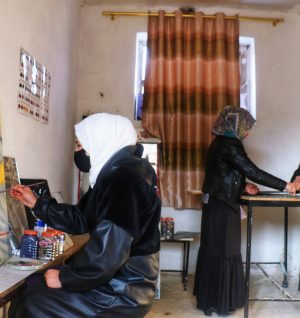
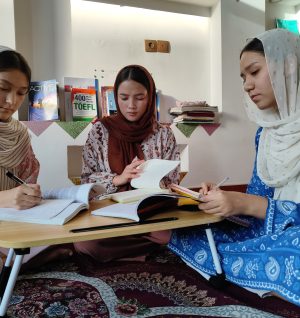
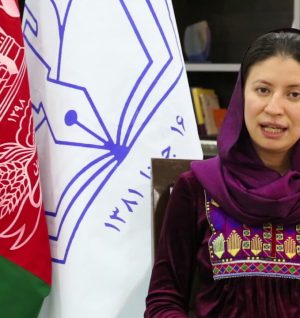

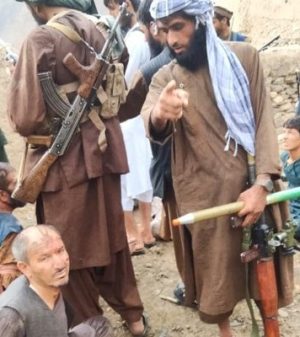
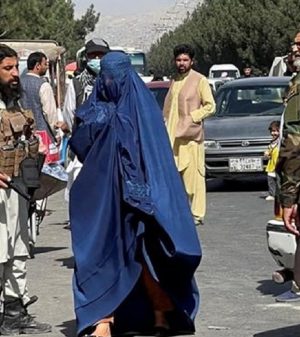
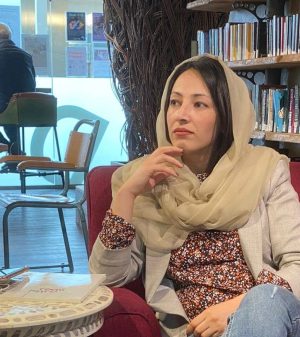
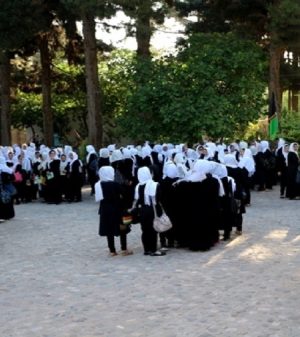
Add Comment